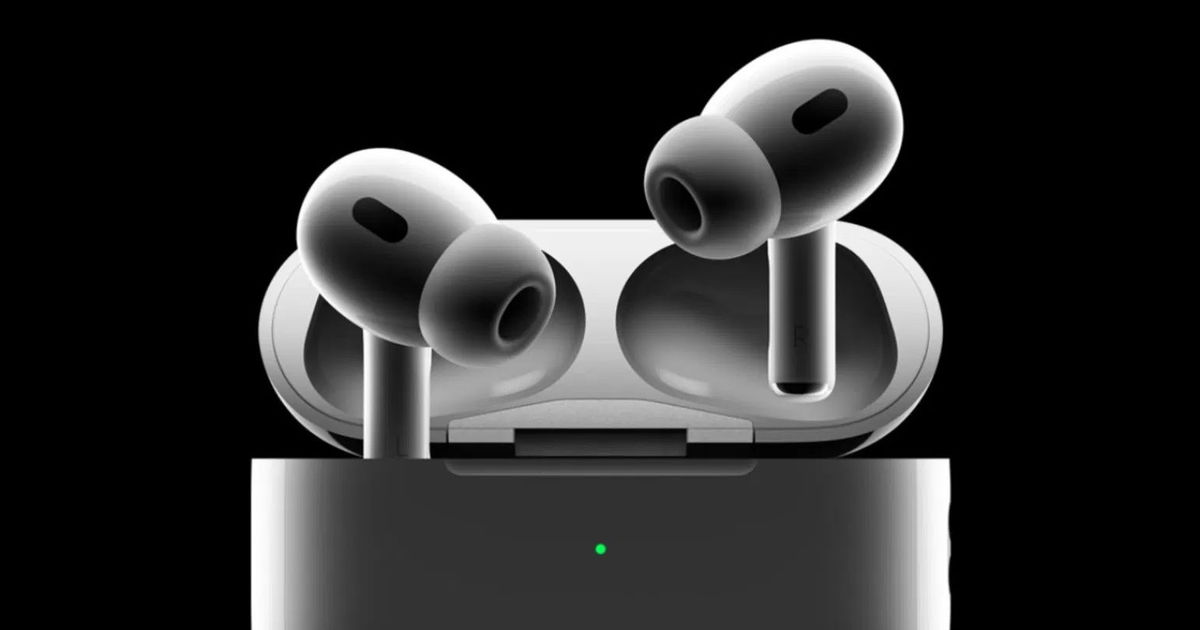Scientists at the Baltic Federal University (BFU), together with an international team, have developed new composites based on gold and magnetic nanoparticles that can effectively fight cancer tumors. As the researchers found, these particles are capable of destroying up to 50% of hepatocarcinoma cells after the first laser irradiation session. These are encouraging results, especially when compared to traditional treatments such as radiation and chemotherapy, which often damage healthy tissue.
The new method is called photothermal therapy. It consists in the fact that nanoparticles accumulate in tumors and are heated by a laser with a certain frequency and energy, which leads to the death of cancer cells. During the research, IKBFU and colleagues from Russia, Italy, Serbia and Slovenia created composite nanoparticles with a gold core and magnetic properties to combat hepatocarcinoma.
Anna Motorzhina, an associate researcher at IKBFU, explained that these nanoparticles consist of a gold core surrounded by cobalt ferrite and coated with dihydrocaffeic acid to improve communication with cells. This combination increases the efficiency of light absorption by 1.5 times. Studies have shown that after laser irradiation, nanoflowers reduce the viability of hepatocarcinoma cells by 42%. Now scientists continue to study the properties of these particles and test them in other forms, such as microdiscs and nanostars.
Source: Ferra
I am a professional journalist and content creator with extensive experience writing for news websites. I currently work as an author at Gadget Onus, where I specialize in covering hot news topics. My written pieces have been published on some of the biggest media outlets around the world, including The Guardian and BBC News.










